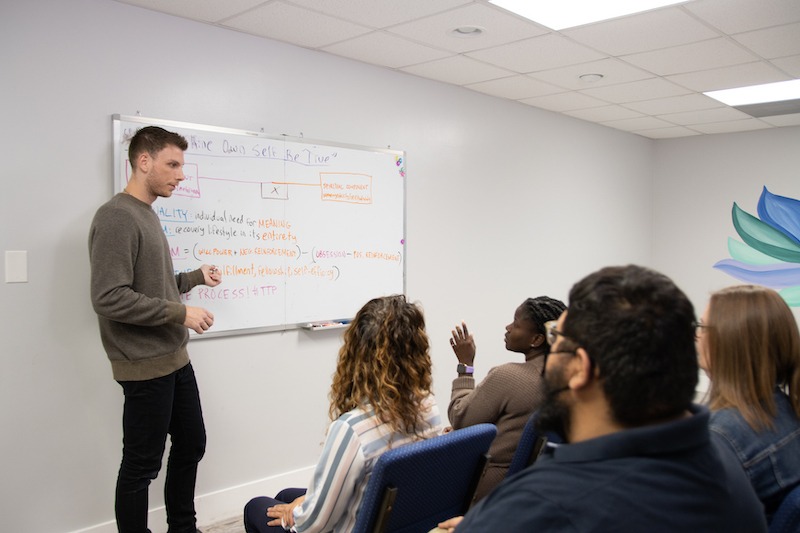The Sylvia Brafman Mental Health Center, located in South Florida, specializes in offering a wide range of therapy programs that address various mental health disorders and concerns. One of our services is couples therapy, tailored to help couples navigate and resolve relationship challenges while promoting mental well-being.
At The Sylvia Brafman Mental Health Center, we accept insurance. We encourage you to reach out to find out more about your insurance coverage levels, couples therapy, and how we can help you and your loved ones. If you are searching for couples therapy in Fort Lauderdale, FL, call 877-958-9212 or fill out our online rehab insurance verification form to access the necessary information for improved mental health and healthier relationships.









